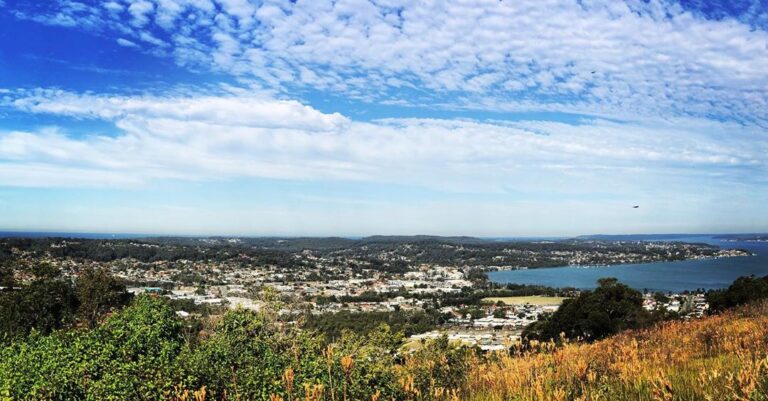Everything is connected. We are part of a whole and what we do in Lake Macquarie, impacts on the lives of shark in waters near and far. Something seemingly as innocent as Friday night fish and chips can compound the already threatened lives of these precious creatures. We support the campaign by the AMCS and other groups such as the Australian Wildlife Society. Reprinted below is the situation that AMCS is raising with the Australian community as a matter worthy of our attention and support.
JANUARY 18, 2021
The Australian Marine Conservation Society (AMCS) is encouraging seafood lovers to take the pledge to #GiveFlakeABreak and choose sustainable alternatives to flake when they visit their local chippy this summer.
In Australia there is no legal obligation to call shark meat, commonly known as ‘flake’, for what species it is or where it’s from, and quirks in Australia’s national environmental law permit the harvest of endangered sharks.
There are also problems with the way some shark species are fished in Australia which result in the deaths of threatened species of turtles, dolphins, dugongs, seals and other protected shark species.
AMCS shark scientist Dr Leonardo Guida said there were plenty of delicious sustainable alternatives for seafood lovers wanting a feed of fish, and they could use the AMCS’s sustainable seafood guide GoodFish to make their choices.
“Fish and chips on a Friday night is an Aussie family staple, and I’ve loved it since I was a kid. But many seafood lovers may be horrified to learn that they could be eating an endangered shark if they chose flake,” said Dr Guida.
“By pledging to give flake a break, we’re signalling that endangered sharks need better protection. We need to give sharks the breathing room they need to recover, while we continue to improve fisheries practices and tighten our laws.
“Flake should only refer to shark meat from gummy and rig sharks which aren’t endangered, yet endangered school shark, endangered scalloped hammerheads, and critically endangered whitefin swellshark can still end up on your plate as flake.” said Dr Guida.
AMCS recently surveyed the menus of 70 fish and chip shops across Australia that sell shark meat, finding that less than a third (29%) of shark meat on sale referred to a specific species. The remaining are labelled generically as “flake” and in one case, “boneless baby shark”, meaning it’s impossible to tell what you’re eating.
However, the survey also found that at least 40% of the fish and chip shops surveyed sell a sustainable alternative.
“On average, $2 is the difference between eating an endangered shark and a sustainable alternative. But you wouldn’t necessarily have to leave the shop to pick something more sustainable,” added Dr Guida.
“Have a chat with your retailer, ask questions about your fish, and in choosing sustainable options, we’re better supporting local industry and healthy oceans all at once.”
You can sign the pledge to GiveFlakeABreak at sharkchampions.org.au/flake
AMCS’ survey report of “flake” and sustainable alternatives sold at fish and chip shops across Australia can be downloaded for free at: Give flake a break



